 OTTAWA, Ontario – Climate Proof Canada is calling on the federal government to provide key funding for its National Adaptation Strategy to help defend Canadians from the increasing risk of more frequent and severe climate perils such as wildfires, floods and extreme heat. In Ottawa, 75 members and supporters of the Climate Proof Canada Coalition… delivered climate adaptation recommendations and showed strong support for including funding for the National Adaptation Strategy in the upcoming Fall Economic Statement and Budget 2024. To drive rapid, tangible progress in the first five years of the National Adaptation Strategy, the coalition recommends that the government fund four key areas: Construct climate-proof housing; Build climate-resilient infrastructure; Enhance Indigenous resilience; and Adapt to extreme heat.
OTTAWA, Ontario – Climate Proof Canada is calling on the federal government to provide key funding for its National Adaptation Strategy to help defend Canadians from the increasing risk of more frequent and severe climate perils such as wildfires, floods and extreme heat. In Ottawa, 75 members and supporters of the Climate Proof Canada Coalition… delivered climate adaptation recommendations and showed strong support for including funding for the National Adaptation Strategy in the upcoming Fall Economic Statement and Budget 2024. To drive rapid, tangible progress in the first five years of the National Adaptation Strategy, the coalition recommends that the government fund four key areas: Construct climate-proof housing; Build climate-resilient infrastructure; Enhance Indigenous resilience; and Adapt to extreme heat.








 WASHINGTON – The U.S Department of Agriculture released
WASHINGTON – The U.S Department of Agriculture released 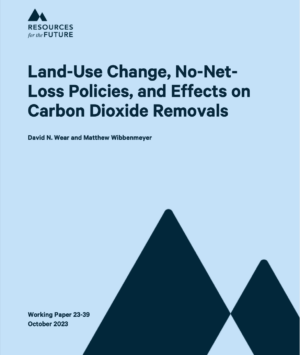 Forests, which remove carbon dioxide from the atmosphere by sequestering carbon in growing vegetation and soils, are key players in the US strategy for carbon dioxide removal and achieving net-zero emissions by midcentury. Will forests be enough? David N. Wear, director of RFF’s Land Use, Forestry, and Agriculture Program and coauthor of a
Forests, which remove carbon dioxide from the atmosphere by sequestering carbon in growing vegetation and soils, are key players in the US strategy for carbon dioxide removal and achieving net-zero emissions by midcentury. Will forests be enough? David N. Wear, director of RFF’s Land Use, Forestry, and Agriculture Program and coauthor of a 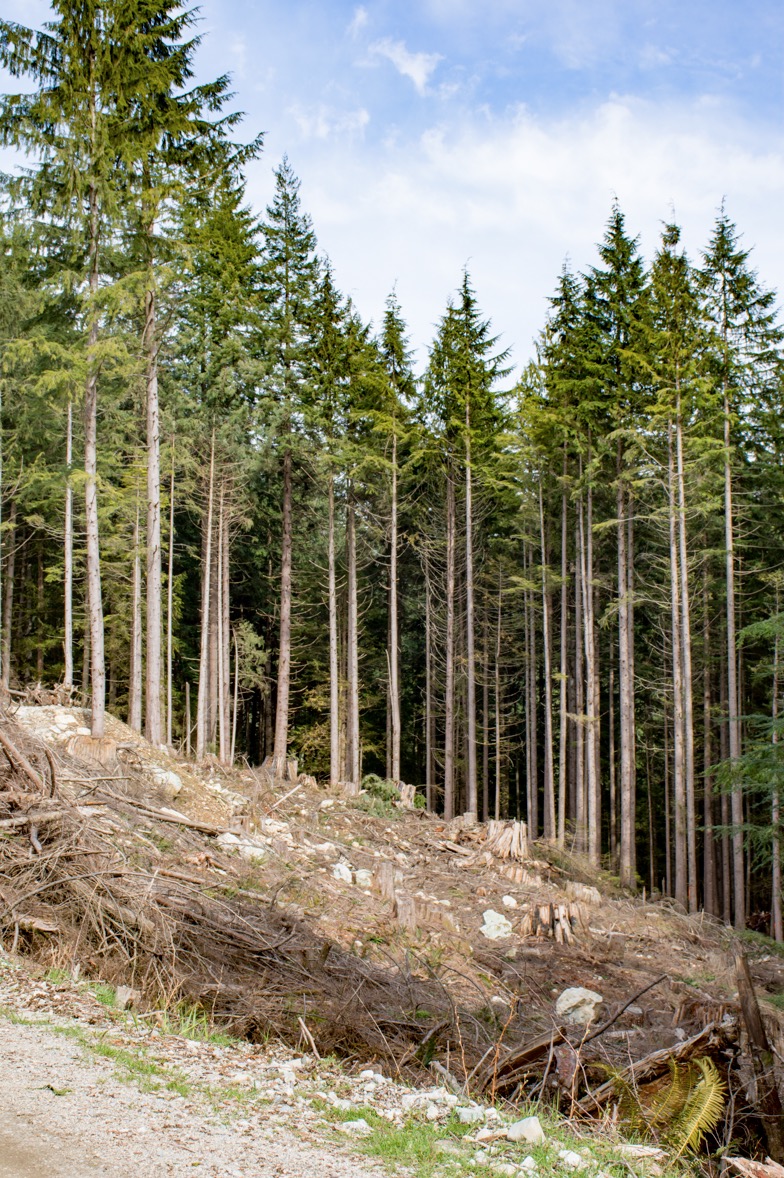 The USDA’s Forest Service on Oct. 18 announced it is making nearly $50 million in grant funding available through the agency’s Wood Innovations Grant, Community Wood Grant and Wood Products Infrastructure Assistance Grant Programs. The agency said the funding will spark innovation, create new markets for wood products and renewable wood energy, expand processing capacity and help tackle the climate crisis. The Wood Innovations Grant Program aims to stimulate, expand and support U.S. wood products markets and wood energy markets to support the long-term management of National Forest System and other forest lands. Focus areas of the program include mass timber, renewable wood energy, and technological development that supports hazardous fuel reduction and sustainable forest management. The Forest Service is expected to award up to $20 million under the Wood Innovations Grant Program, with individual awards ranging from $10,000 to $300,000. Applications for the program are due Dec. 15.
The USDA’s Forest Service on Oct. 18 announced it is making nearly $50 million in grant funding available through the agency’s Wood Innovations Grant, Community Wood Grant and Wood Products Infrastructure Assistance Grant Programs. The agency said the funding will spark innovation, create new markets for wood products and renewable wood energy, expand processing capacity and help tackle the climate crisis. The Wood Innovations Grant Program aims to stimulate, expand and support U.S. wood products markets and wood energy markets to support the long-term management of National Forest System and other forest lands. Focus areas of the program include mass timber, renewable wood energy, and technological development that supports hazardous fuel reduction and sustainable forest management. The Forest Service is expected to award up to $20 million under the Wood Innovations Grant Program, with individual awards ranging from $10,000 to $300,000. Applications for the program are due Dec. 15.  Wednesday is
Wednesday is 

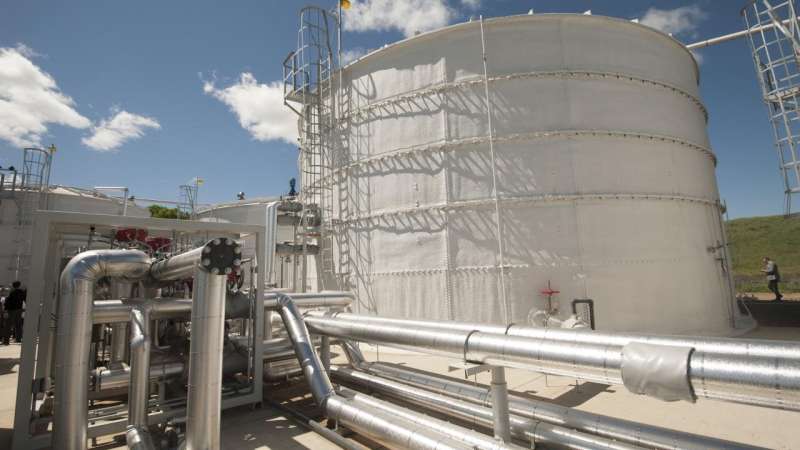

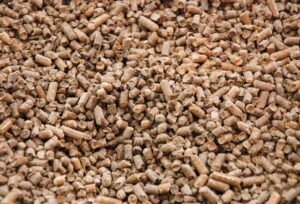 The world’s largest wood pellet producer has applied for a major clean energy tax credit for building a new plant in Epes, Ala., but critics say burning wood pellets for energy won’t reduce the greenhouse gases that drive climate change. Enviva—which is currently constructing what will be its largest pellet mill to date in Sumter County—recently told investors in an earnings call that it has applied for tax credits under the Department of Energy’s “Advanced Energy Project Credit,” meant to reduce greenhouse gas emissions and promote renewable energy. The wood pellets produced at Epes would be ground up from whole or partial trees, and shipped overseas to countries where burning the wood pellets in power plants is considered a carbon-neutral or renewable energy.
The world’s largest wood pellet producer has applied for a major clean energy tax credit for building a new plant in Epes, Ala., but critics say burning wood pellets for energy won’t reduce the greenhouse gases that drive climate change. Enviva—which is currently constructing what will be its largest pellet mill to date in Sumter County—recently told investors in an earnings call that it has applied for tax credits under the Department of Energy’s “Advanced Energy Project Credit,” meant to reduce greenhouse gas emissions and promote renewable energy. The wood pellets produced at Epes would be ground up from whole or partial trees, and shipped overseas to countries where burning the wood pellets in power plants is considered a carbon-neutral or renewable energy. 
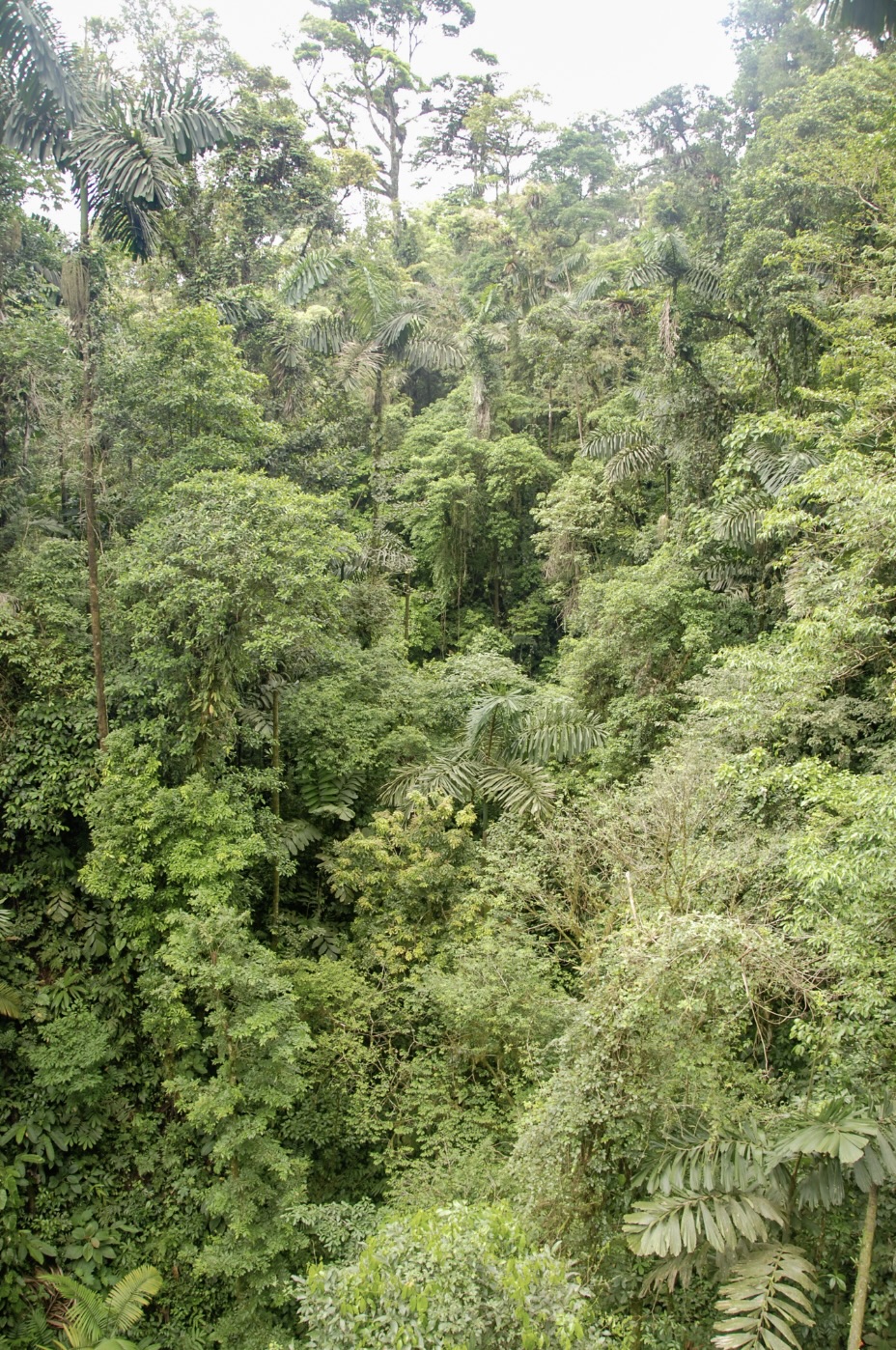 A new approach to valuing the carbon storage potential of natural habitats aims to help restore faith in offset schemes, by enabling investors to directly compare carbon credit pricing across a wide range of projects. Current valuation methods for forest conservation projects have come under heavy scrutiny, leading to a crisis of confidence in carbon markets. This is hampering efforts to offset unavoidable carbon footprints, mitigate climate change, and scale up urgently needed investment in tropical forest conservation. Measuring the value of carbon storage is not easy. Recent research revealed that as little as 6% of carbon credits from voluntary REDD+ schemes result in preserved forests. And the length of time these forests are preserved is critical to the climate benefits achieved. Now, a team led by scientists at the University of Cambridge has invented a more reliable and transparent way of estimating the benefit of carbon stored because of forest conservation.
A new approach to valuing the carbon storage potential of natural habitats aims to help restore faith in offset schemes, by enabling investors to directly compare carbon credit pricing across a wide range of projects. Current valuation methods for forest conservation projects have come under heavy scrutiny, leading to a crisis of confidence in carbon markets. This is hampering efforts to offset unavoidable carbon footprints, mitigate climate change, and scale up urgently needed investment in tropical forest conservation. Measuring the value of carbon storage is not easy. Recent research revealed that as little as 6% of carbon credits from voluntary REDD+ schemes result in preserved forests. And the length of time these forests are preserved is critical to the climate benefits achieved. Now, a team led by scientists at the University of Cambridge has invented a more reliable and transparent way of estimating the benefit of carbon stored because of forest conservation.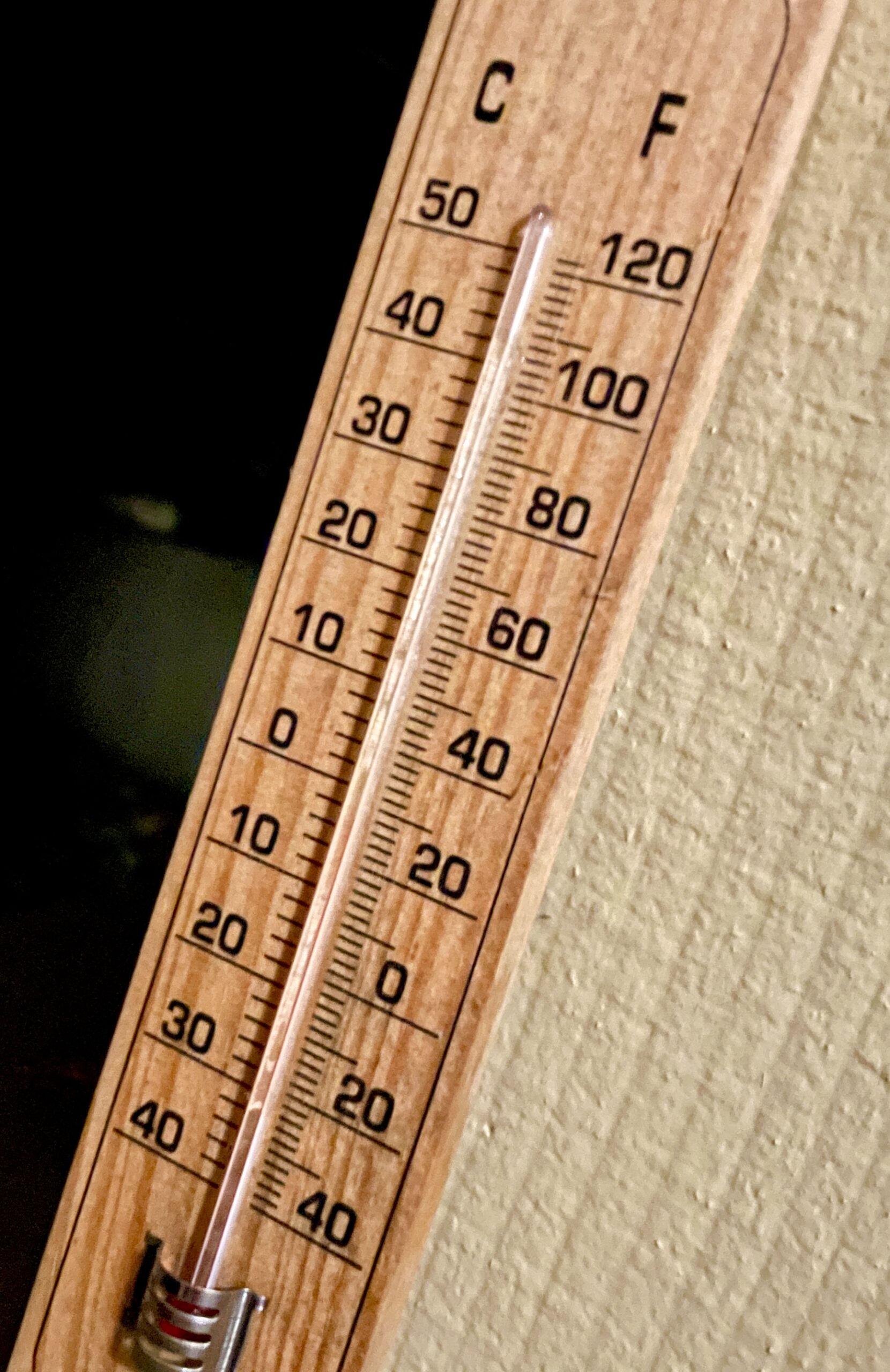 New research suggests we have just six years left to limit global warming to 1.5 degrees Celsius, and two decades to keep temperatures below the 2 C threshold in the Paris Agreement. Global carbon emissions are on track to exceed safe limits by 2030 and unleash the worst effects of climate change, new research suggests. This means we have just six years to change course and dramatically reduce greenhouse gas emissions. A new estimate of our remaining carbon budget — the amount of carbon dioxide we can produce while keeping global temperatures below a dangerous threshold — indicates that, as of January, if we emit more than 276 gigatons (250 metric gigatons) of CO2 we will hit temperatures 1.5 degrees Celsius (2.7 degrees Fahrenheit) above preindustrial levels. The researchers found that if emissions continue at the current rate, we will cross this threshold before the end of the decade, according to a study published Monday (Oct. 30) in the journal
New research suggests we have just six years left to limit global warming to 1.5 degrees Celsius, and two decades to keep temperatures below the 2 C threshold in the Paris Agreement. Global carbon emissions are on track to exceed safe limits by 2030 and unleash the worst effects of climate change, new research suggests. This means we have just six years to change course and dramatically reduce greenhouse gas emissions. A new estimate of our remaining carbon budget — the amount of carbon dioxide we can produce while keeping global temperatures below a dangerous threshold — indicates that, as of January, if we emit more than 276 gigatons (250 metric gigatons) of CO2 we will hit temperatures 1.5 degrees Celsius (2.7 degrees Fahrenheit) above preindustrial levels. The researchers found that if emissions continue at the current rate, we will cross this threshold before the end of the decade, according to a study published Monday (Oct. 30) in the journal 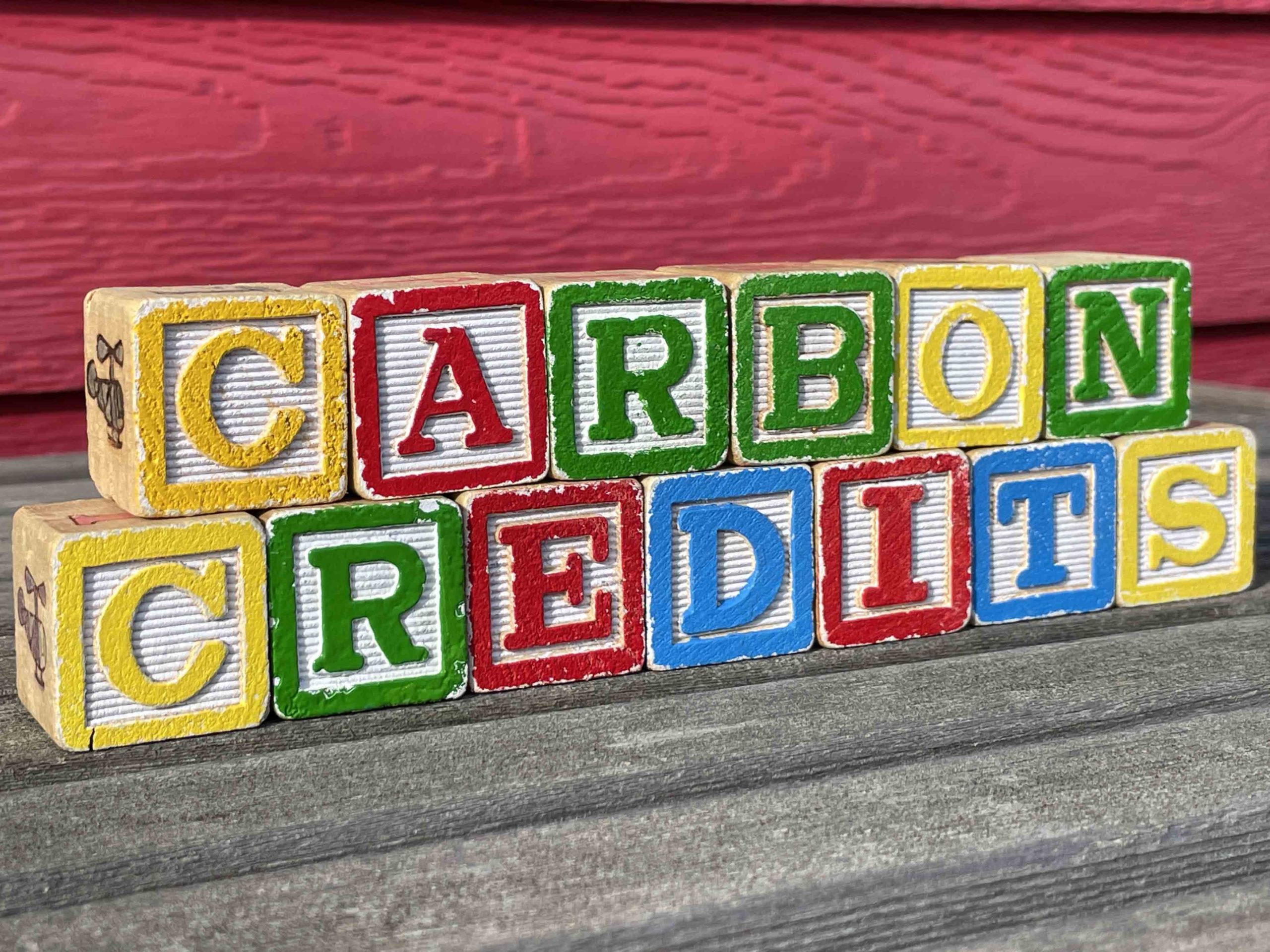 South Pole, the world’s leading seller of carbon offsets, has been forced to suspend a flagship forest protection project in Zimbabwe amid allegations of exaggerated claims. Around one-fifth of the Swiss firm’s staff could also lose their jobs, according to media reports. Last week the Washington, D.C.-based certification body Verra, the world’s leading carbon standard setter for the offsets market, announced it had launched an investigation into the Kariba REDD+ forest conservation project in northern Zimbabwe, one of South Pole’s largest climate protection projects. …This follows a critical report published on October 16 by the NewYorkerExternal link magazine, entitled “The Great Cash-for-Carbon Hustle”, which claimed South Pole sold millions of credits for carbon reductions that weren’t real. Defending his company, South Pole CEO Renat Heuberger told Reuters they had followed the approved methodology for the Kariba project at all times.
South Pole, the world’s leading seller of carbon offsets, has been forced to suspend a flagship forest protection project in Zimbabwe amid allegations of exaggerated claims. Around one-fifth of the Swiss firm’s staff could also lose their jobs, according to media reports. Last week the Washington, D.C.-based certification body Verra, the world’s leading carbon standard setter for the offsets market, announced it had launched an investigation into the Kariba REDD+ forest conservation project in northern Zimbabwe, one of South Pole’s largest climate protection projects. …This follows a critical report published on October 16 by the NewYorkerExternal link magazine, entitled “The Great Cash-for-Carbon Hustle”, which claimed South Pole sold millions of credits for carbon reductions that weren’t real. Defending his company, South Pole CEO Renat Heuberger told Reuters they had followed the approved methodology for the Kariba project at all times.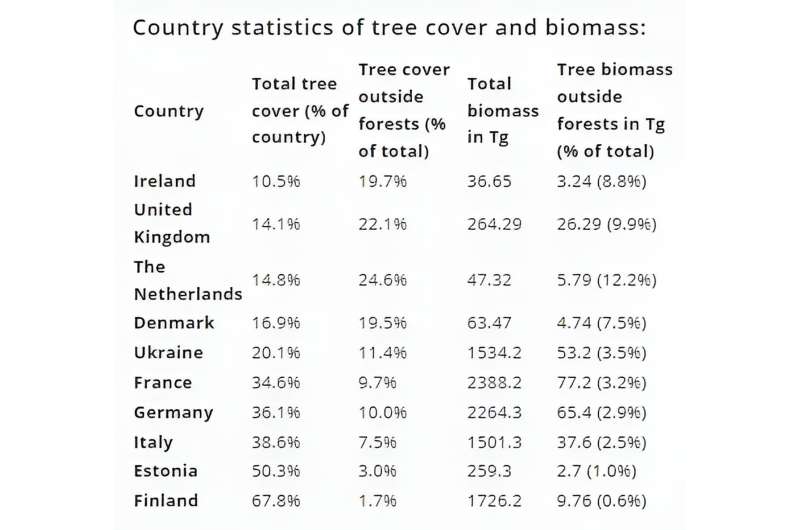




 JAKARTA — Indonesia has just launched its first carbon emissions trading market in a bid to fight climate change. The Southeast Asian country is one of the world’s top 10 greenhouse gas emitters, with a bulk of its emissions coming from the burning of coal to generate power. …Environmentalists have criticized Indonesia’s carbon trading mechanism, which had its first day of trading Sept. 26. The government touts the mechanism as a way to curb emissions and attract climate funding, but critics call carbon trading a false solution to climate change and a greenwashing attempt. Environmentalists say carbon trading could discourage companies from outright reducing emissions, enabling a “business as usual” attitude in which people and companies could buy carbon credits to continue polluting instead of changing their behaviors.
JAKARTA — Indonesia has just launched its first carbon emissions trading market in a bid to fight climate change. The Southeast Asian country is one of the world’s top 10 greenhouse gas emitters, with a bulk of its emissions coming from the burning of coal to generate power. …Environmentalists have criticized Indonesia’s carbon trading mechanism, which had its first day of trading Sept. 26. The government touts the mechanism as a way to curb emissions and attract climate funding, but critics call carbon trading a false solution to climate change and a greenwashing attempt. Environmentalists say carbon trading could discourage companies from outright reducing emissions, enabling a “business as usual” attitude in which people and companies could buy carbon credits to continue polluting instead of changing their behaviors.
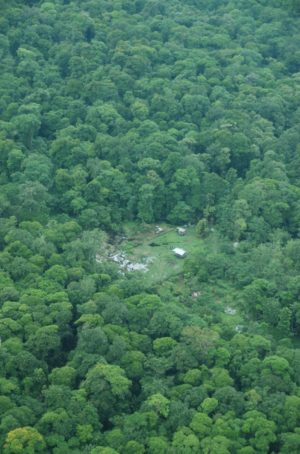 BRAZIL — With the return of Luiz Inácio Lula da Silva to Brazil’s presidency this year, environmental protection has shot to the forefront of the political agenda — and with it a rush to seize the commercial opportunities accompanying the green transition. Most exuberant has been the market for voluntary carbon credits. …The potential for the market has left many breathless, with one study last year optimistically forecasting potential revenues of $120bn by 2030. …But doing business in the rainforest is a fraught endeavour. These complexities have been laid bare by a deepening scandal in the huge Amazonian state of Pará, where prosecutors have filed lawsuits against three carbon credit projects. The investigators allege the little-known companies behind the projects had seized public land to use in their bid to generate carbon credits and profits. In local parlance, the alleged offence is grilagem, or land grabbing.
BRAZIL — With the return of Luiz Inácio Lula da Silva to Brazil’s presidency this year, environmental protection has shot to the forefront of the political agenda — and with it a rush to seize the commercial opportunities accompanying the green transition. Most exuberant has been the market for voluntary carbon credits. …The potential for the market has left many breathless, with one study last year optimistically forecasting potential revenues of $120bn by 2030. …But doing business in the rainforest is a fraught endeavour. These complexities have been laid bare by a deepening scandal in the huge Amazonian state of Pará, where prosecutors have filed lawsuits against three carbon credit projects. The investigators allege the little-known companies behind the projects had seized public land to use in their bid to generate carbon credits and profits. In local parlance, the alleged offence is grilagem, or land grabbing.